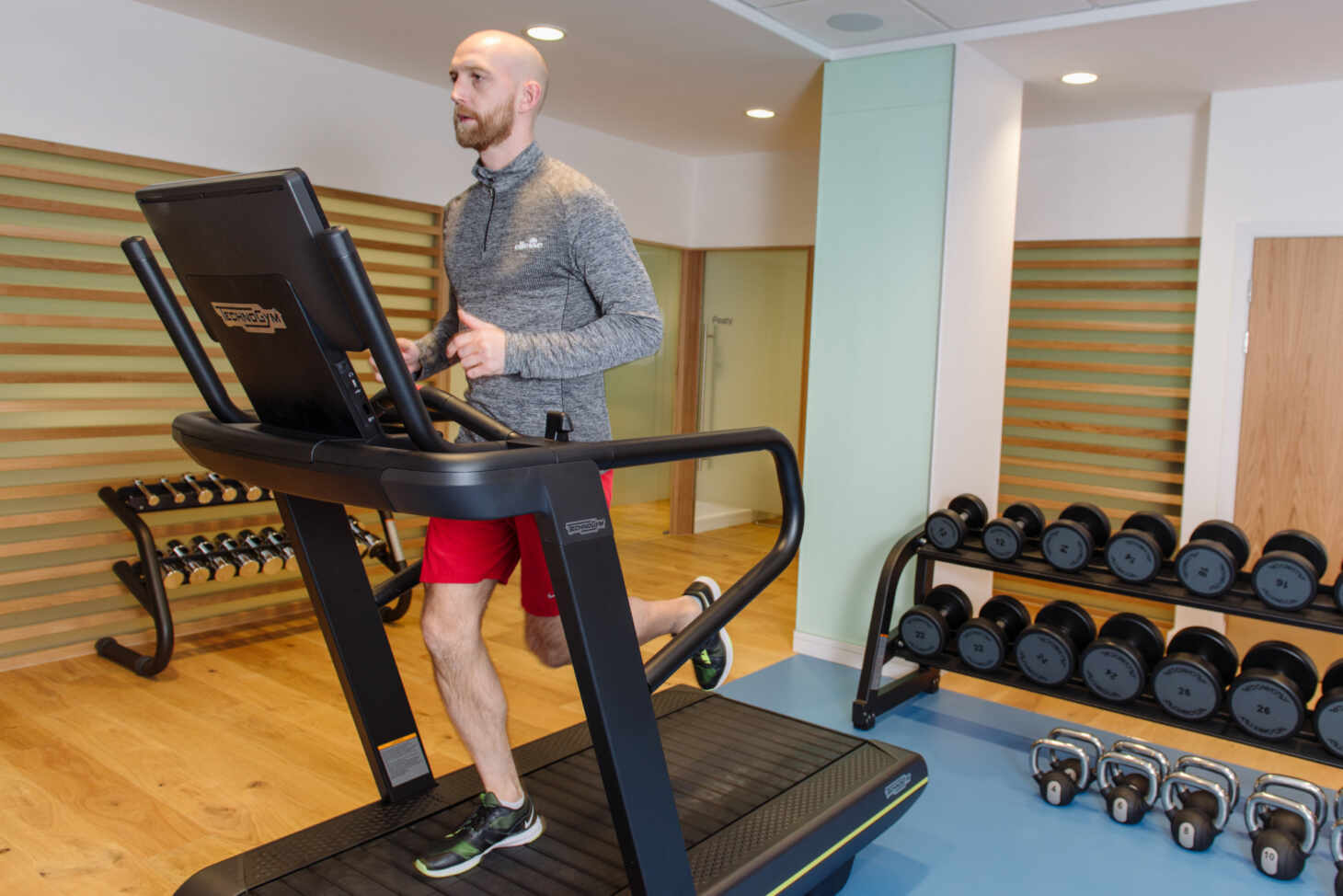Avoid Running Injuries – Be Marathon Ready

Pure Sports Medicine
- 21 September, 2018
- Running
- 2 min read
Spring marathon season is fast approaching. Whether it’s London, Paris, Brighton, Manchester, Belfast, Milton Keynes or one of the many other upcoming marathons that you’re training for… now is the time to ensure you’ve got a plan in place.

Increasing mileage unfortunately increases injury risk; indeed we see many injured runners hobbling through our doors at this time of year. So here is a guide on how to help prevent common running injuries.
Why Do Injuries Occur?
There are several factors that can lead to injury – biomechanics; running technique; footwear; type of training; weakness; previous injury history. However, these factors are likely to have a greater influence on where the injury occurs. The most important and controllable factor is simply training error – or running too far, too fast, too soon.
Here are several key points to consider when planning your training
- Be realistic – Have a realistic target time in mind for your event. This will keep you focussed as well as giving you something to base your training schedule around. Set your target too high and you are setting yourself up for injury.
- Keep it simple – Often 3-4 runs per week is more than enough. This allows sufficient recovery time between runs and still gets enough mileage in the legs.
- Add variety – Include long runs; interval sessions; tempo runs and hill training. This helps to keep you interested and also challenges your body in different and necessary ways to get fitter, faster.
- Track your running – Record your mileage – this is a great way to monitor your weekly volumes and avoid a “spike” in activity that can cause overload and injury. Maintaining a gradual increase in weekly mileage will be key to avoiding injury.
- Wear comfy shoes – Running shoe selection can be a minefield and advice is best given on an individual basis – but the most important factor is comfort. Come and see a Preventing Marathon Injuries with Soft Tissue Therapy
It’s important to train smarter not harder. When building your training programme be careful not to plan intense running sessions on consecutive days. Interval training and hill sessions can be very demanding and will need adequate recovery time before another intense session.
Building this all into an effective training programme can seem daunting. Seeking advice from a running specialist Physiotherapist or Strength and Conditioning coach can be a great way to get started. If heading into training with a niggle or injury – get it assessed now to help avoid bigger issues further down the line.
Similarly, trying to “run through” pain is not advised when training for a marathon. There are some instances where this is safe – but it’s best to get the pain assessed before cracking on with your training program.
So remember – Train smart and enjoy yourself. Completing a marathon is not just about the 26.2 miles on race day. It’s about the months of effort that get you to race day ready for your lap of honour! Run Well!

Advice
Over the last 20+ years our experts have helped more than 100,000 patients, but we don’t stop there. We also like to share our knowledge and insight to help people lead healthier lives, and here you will find our extensive library of advice on a variety of topics to help you do the same.
OUR ADVICE HUBS See all Advice Hubs

